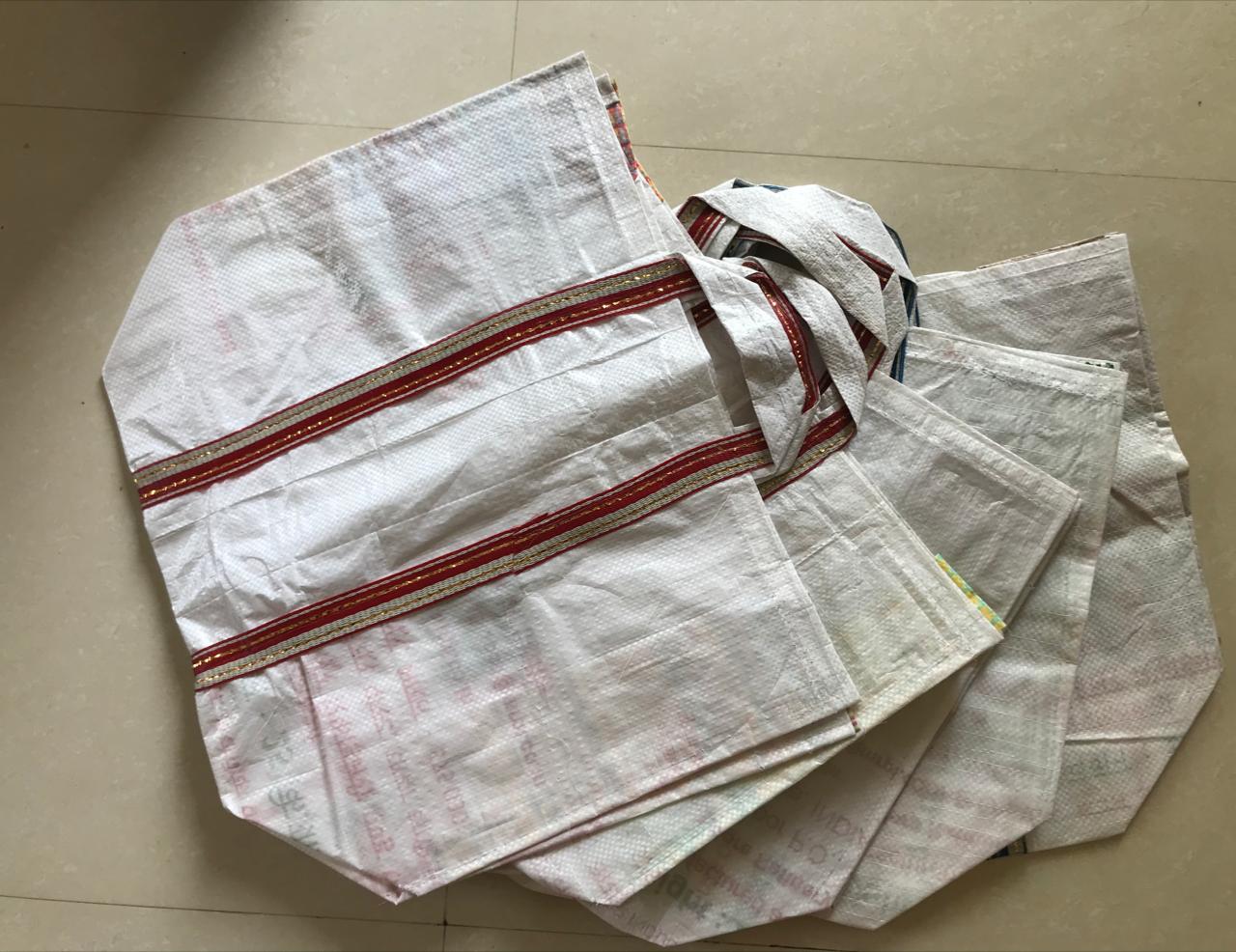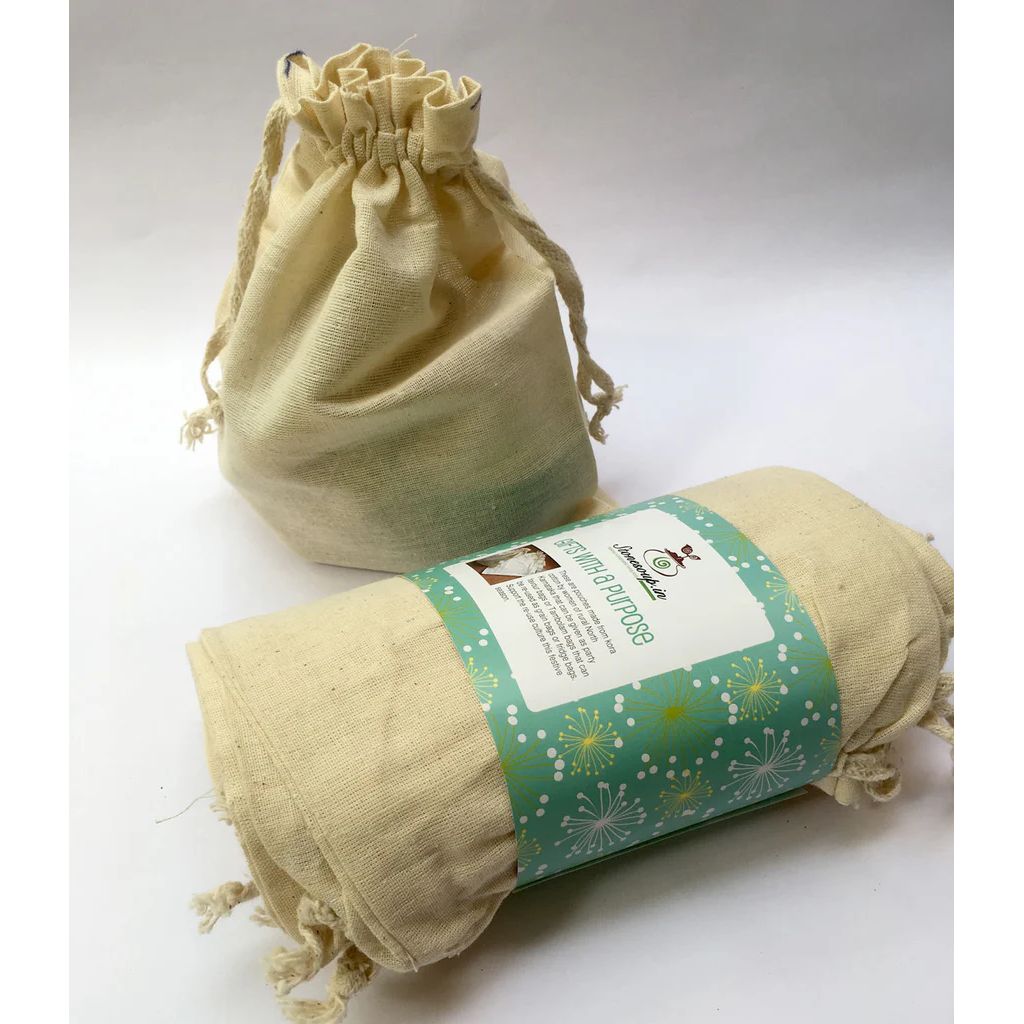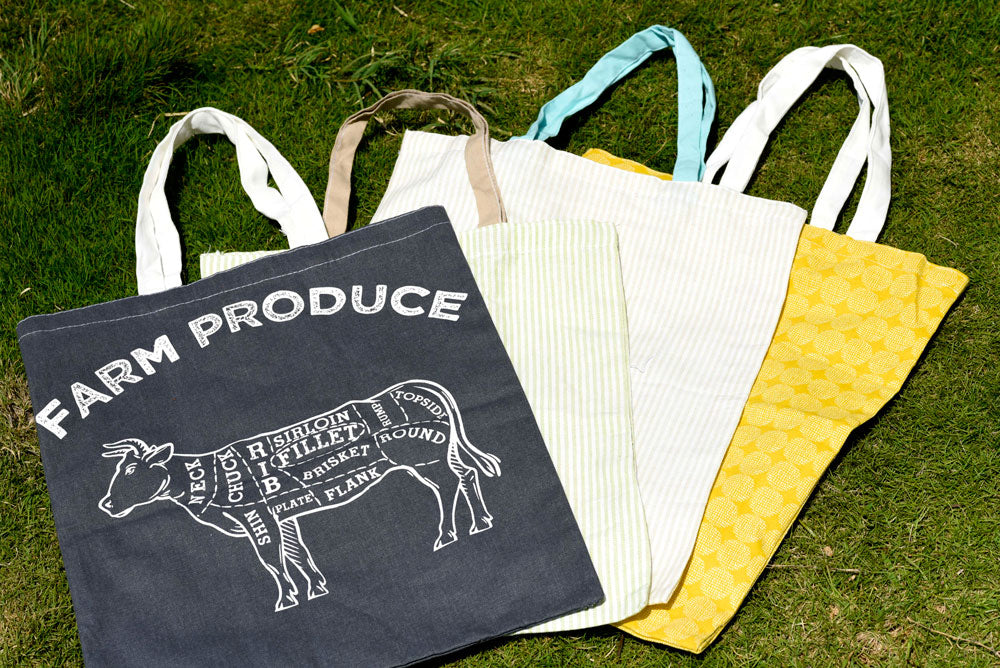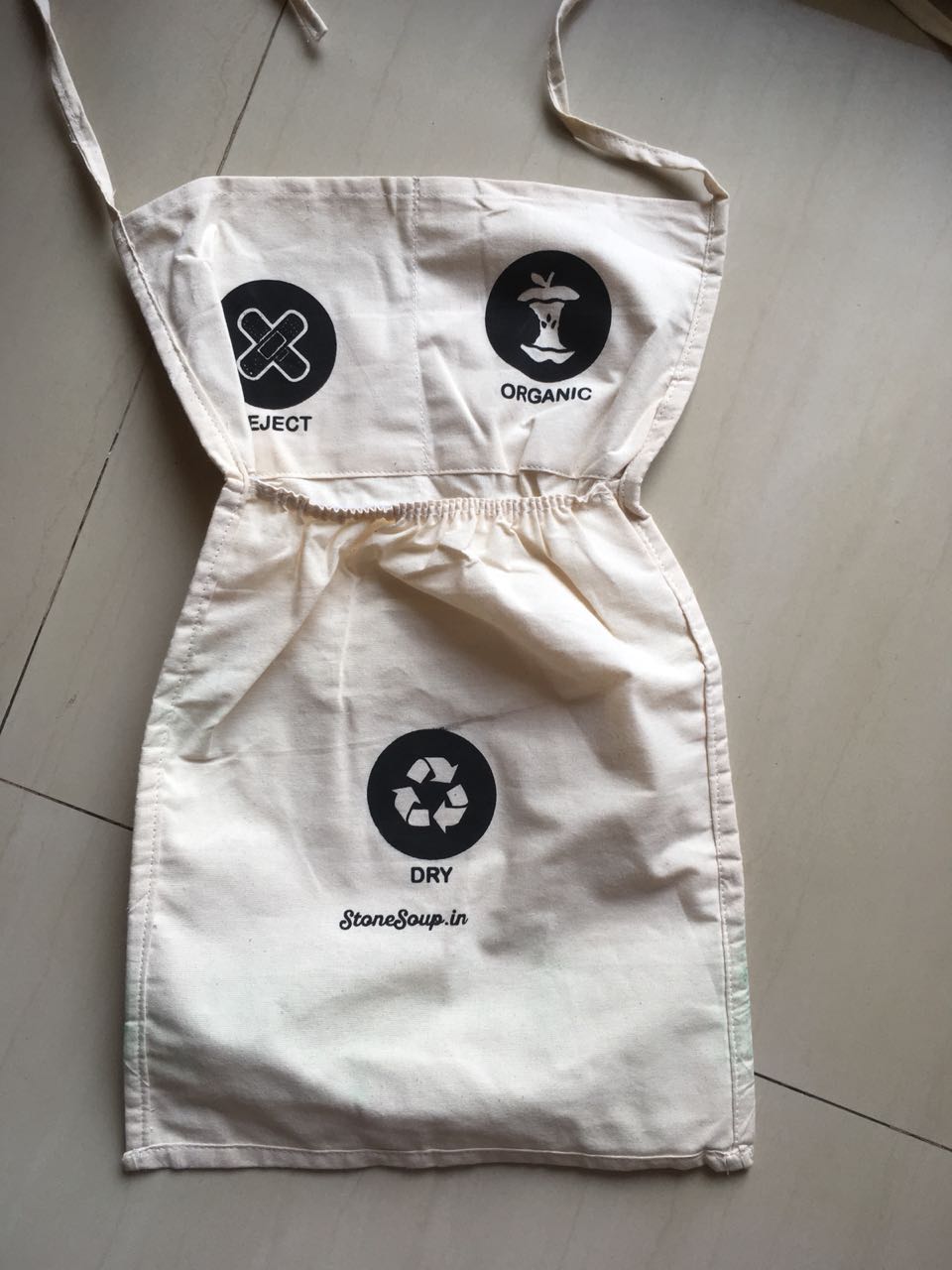Guide for Beginners: Steps to making black gold!
There is a huge variety of composting solutions available in the market.Experts recommend to start with aerobic composting as it is the simplest way of composting.
Anerobic or Bokashi composting is a two step composting but is not advisable if you are looking for fill it ,forget it and harvest it style
STEP 1. MATERIAL OF COMPOSTING BIN
Let us start by identifying what material of bin you want
A)CLAY POTS/TERRACOTTA POTS:
Traditionally clay pots or terracotta pots were used.
Terracotta (un-glazed clay) pots are made of a particular top layer of soil and are fired in kilns during the manufacturing process. Clay and Terracotta has the tendency to form a white crusty layer on the outside of the pot due to deposit of mineral salts.The salt deposits should be scrubbed off and pot should be repainted for longer use.They are heavy and break easily.
B)PLASTIC BINS
Plastic Compost Bins:
- Reasonable,light and strong
- Easy to handle and move
- Better air circulation
- More durable and light weight compared to traditional earthen pots
- made of inert materials,recycled or recyclable plastic
- Can be stacked to save space
-
 C)METAL COMPOSTING BINS :
C)METAL COMPOSTING BINS :
- Good for outdoor composting
- expensive compared to plastic and earthen pots but works best outdoors and in areas prone to rodents
-
 STEP 2 : OUTDOOR OR INDOOR COMPOSTING
STEP 2 : OUTDOOR OR INDOOR COMPOSTING
Outdoor composter :Choose a site that is flat,aerated and easily accessible . Place the bin over bare soil or have a mesh base to ensure that worms and other beneficial organisms can make their way into the pile but rodents don't.
Indoor composter: Choose a well aerated place like utility,balcony,terrace or any other convenient and accessible place
START COMPOSTING!
Following things are important for composting
A)Right amount of moisture :Remove all extra moisture from food before you add it to the bin.Too little can slow decomposition and too much can reduce air flow.
B)Composting ingredients : These can be divided into two categories
1)Brown Materials such as cocopeat,dry leaves, hay, straw, paper ,cardboard,egg shell,saw dust,wood ash etc
2) Green materials such as food waste,coffee grounds from the kitchen and grass clippings,vegetable trimmings and most green plant cuttings from the garden
Living green leaves are considered "green materials", whereas the dead, dry leaves that fall from the trees are seen as "brown materials".
Correct proportion of greens and browns should be added to maintain the correct mix in the pile, it should be just moist and not wet,if it feels wet then increase the amount of browns a bit.
Summers: sprinkle little water if it gets dry due to heat
Monsoon: Increase browns if moisture is more
Winters: check if the pile is heating enough or move it to a warmer place
Microbes play an important role by making the process faster,hassle free and odorless.We recommend using compost maker block which is cocopeat innoculated with composting microbes
Layering process
- Start by making a base layer of 4-6 inch with browns
- Add a layer of food waste
- Cover the food waste with a layer of browns( compost maker block)
- Repeat above 2 steps till bin is full and then leave it aside for 4-5 weeks, harvest earthy smelling compost and use it for your plants
THINGS TO REMEMBER
YOUR COMPOST PILE
NEEDS NITROGEN
Microbes that break down organic matter also need nitrogen to support their proteins; green ingredients provides that
YOUR COMPOST PILE
NEEDS CARBON
Feed your pile with carbon ingredients to provide the microbes that break down organic matter with an energy source; brown component provides that.
YOUR COMPOST PILE NEEDS THE RIGHT
CARBON-NITROGEN RATIO
Experts recommend a 30:1 C/N (Carbon/Nitrogen) compost pile ratio; one part “green” to two parts “brown” should provide a balanced mix
Don’t wait anymore,start composting now ,remember your compost is like mixed vegetables curry it is as nutritious as the number of ingredients going into it








I am interested in home composting, need guidance and start up kit.